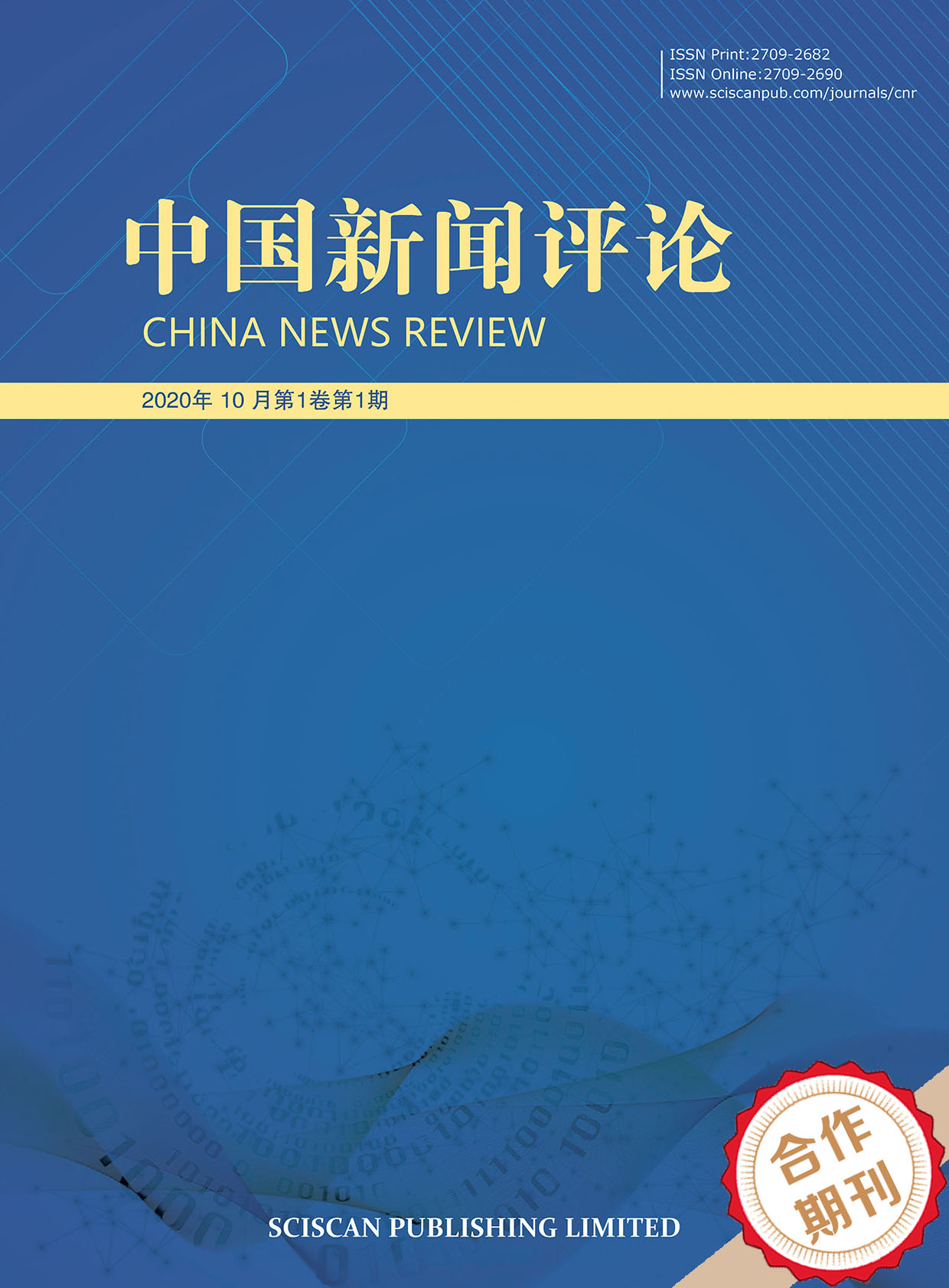China News Review
ISSN Print: 2709-2682
ISSN Online: 2709-2690
Contact Editorial Office
Subscribe to the latest published information from SCISCAN
子女愈反哺,父母愈回避:代际反哺对 老年人健康信息回避的影响研究
The More Children Back-feed, the More Parents Avoid:A Study on the Effect of Children’s Digital Back-feeding on Healthinformation Avoidance among the Elderly
- Authors: 刘小晔¹ 邓雨洁² 段丽华¹
-
Information:
1.东北师范大学,长春; 2.上海财经大学,上海
-
Keywords:
Digital back-feeding; Information avoidance; Health communication; Successful aging代际反哺; 信息回避; 健康传播; 老龄化
- Abstract: Obtaining high-quality health information is recognized as a critical factor for health decision making among older adults. In the localized cultural context, inter-generational support from younger family members plays an important role in the integration of digital health among older adults. The positive efficacy of generational support on older adults’ health beliefs and behaviors is crucial. This study explores the impact of generational back-feeding from the perspective of information avoidance through a questionnaire survey. The results show that perceived generational back-feeding willingness and children’s family status significantly contribute to health information avoidance behavior of older adults. However, increased generational interaction, closer family adaptability, and greater reciprocity demand from older adults effectively mitigate the negative effects and reduce the tendency of health information avoidance. Based on the results of the study, this research provides localized thinking to better understand the health-information avoidance behavior of the elderly in China. It is necessary to adopt older-people-perceived approach, innovate family inter-generational communication strategies and overcome their psychological barriers towards inter-generational healthy support. Additionally, going beyond the realm of family communication, promoting inter-generational integration at the societal level can probably reduce the health information avoidance behavior. 获取高质量的健康信息支持是老年人制定健康决策至关重要的因素。在本土文化语境下,来自子代的代际反哺是中老年人数字健康融入的重要支持力量,如何发挥代际反哺对亲代健康信念及行为的积极效能至关重要。本文从信息回避的视角切入,通过问卷调查研究代际因素以及反哺因素对中老年人健康信息回避的影响力。结果显示:中老年人感知到的子代反哺意愿、子代家庭地位显著催生了亲代的健康信息回避行为,而更充分紧密的代际互动、代际关系和亲代反哺需求,可以有效牵制其负面效应,消解中老年群体的健康信息回避倾向。基于研究结果,为消解中国老年人的健康信息回避行为,提供本地化的思考及行动建议:基于老年群体的感知视角,突破其对健康代际反哺的心理障碍,创新代际沟通策略;超越家庭传播场域,促进社会层面的代际互融,提升其数字健康融入水平。
- DOI: https://doi.org/10.35534/cnr.0503003
- Cite: 刘小晔,邓雨洁,段丽华.子女愈反哺,父母愈回避:代际反哺对老年人健康信息回避的影响研究[J].中国新闻评论,2024,5(3):26-35.
















